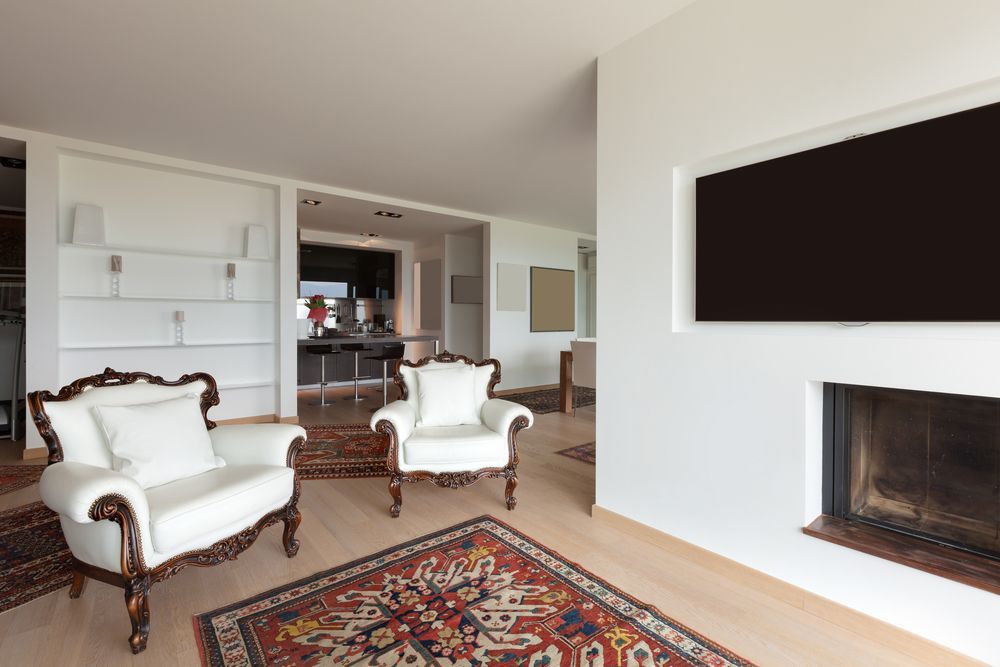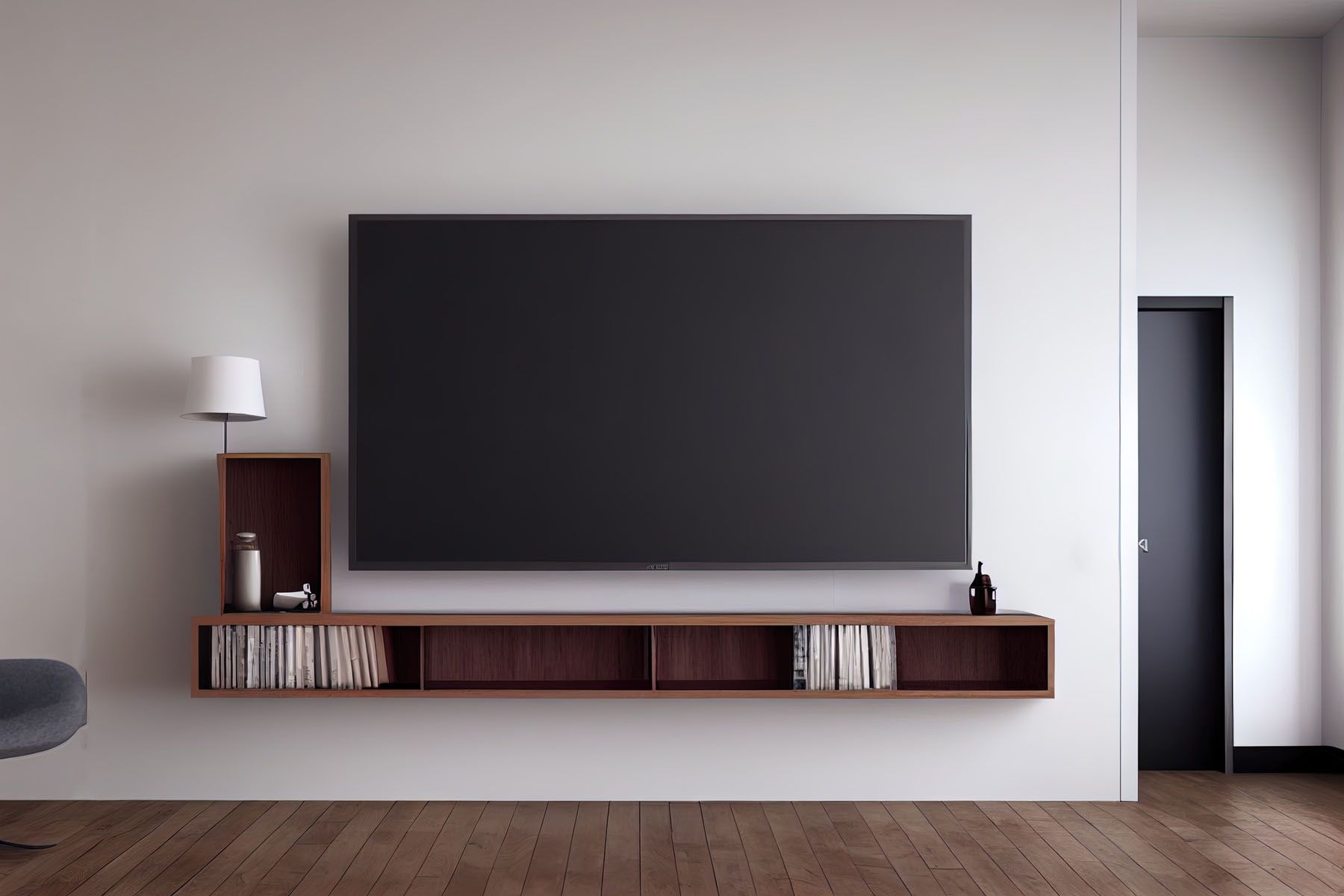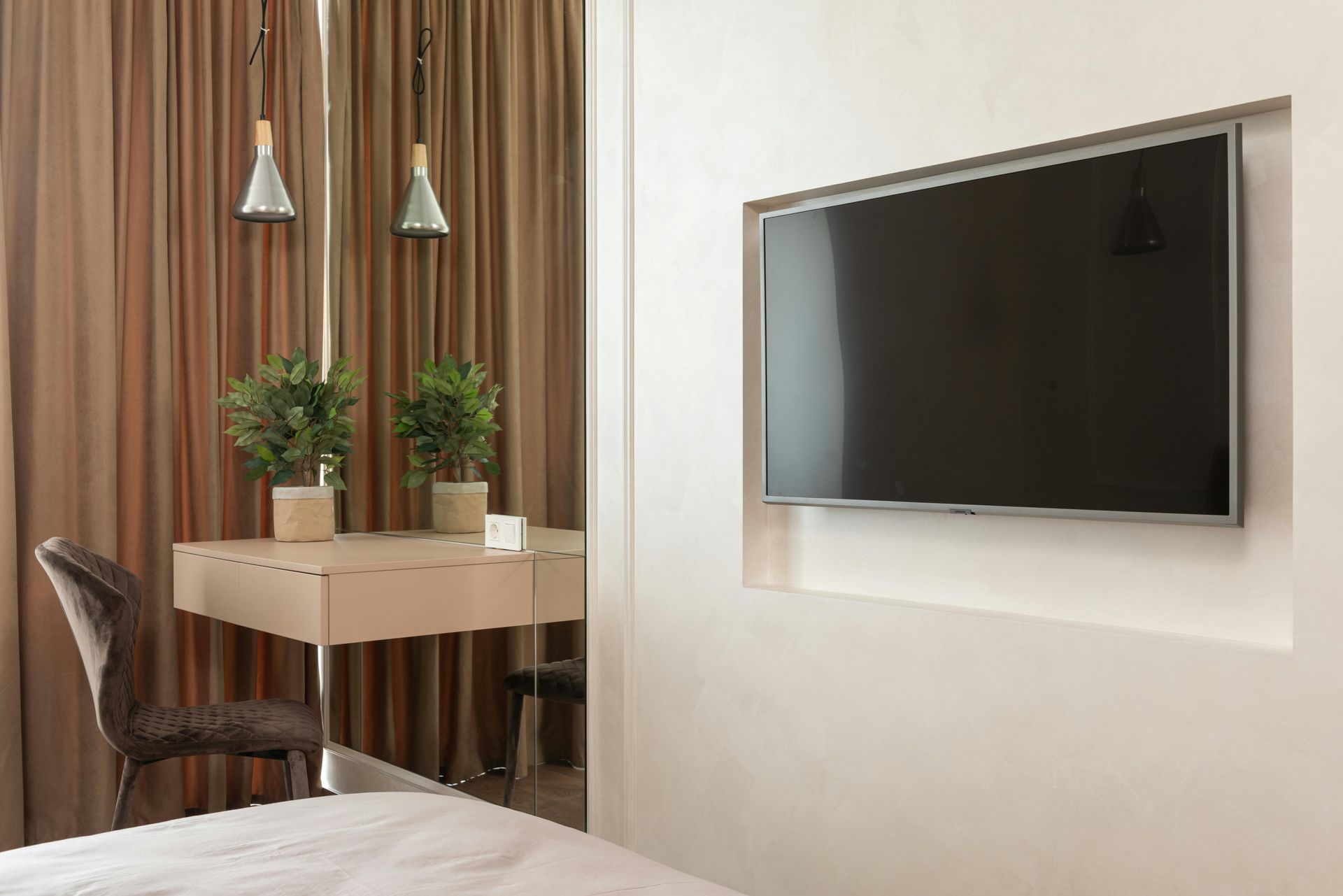The Do's and Don'ts of Installing Window Blinds: Why Hiring a Professional is Essential
Introduction to Window Blinds and Their Benefits
Window blinds are a popular choice for homeowners looking to enhance the aesthetics and functionality of their windows. They offer numerous benefits, such as controlling sunlight, providing privacy, and adding a touch of elegance to any room. However, when it comes to installing window blinds, there are certain do's and don'ts that you should keep in mind. In this article, we will explore why hiring a professional blind installer is essential and how it can save you time, money, and potential headaches in the long run.
The Importance of Proper Window Blind Installation
Proper installation of window blinds is crucial for ensuring their functionality and longevity. One of the main reasons why hiring a professional blind installer is essential is because they have the expertise and experience to install blinds correctly. They understand the nuances of different types of blinds and know the best practices for installation. Improper installation can lead to a variety of issues, such as damaged blinds, ineffective light control, and difficulty in operating the blinds. By hiring a professional, you can avoid these problems and ensure that your window blinds are installed correctly the first time.
Another important aspect of proper window blind installation is ensuring that they are securely mounted. A professional blind installer will have the necessary tools and knowledge to properly secure the blinds to prevent them from falling or becoming loose over time. This is particularly important for larger or heavier blinds, as they can pose a safety hazard if not installed correctly. By hiring a professional, you can have peace of mind knowing that your window blinds are securely mounted and will not pose any risks to you or your family.
Common Mistakes to Avoid When Installing Window Blinds
While it may be tempting to install window blinds yourself, there are several common mistakes that homeowners often make when attempting to do so. One of the most common mistakes is measuring the windows incorrectly. Accurate measurements are crucial for ensuring that the blinds fit properly and provide effective light control. A professional blind installer will take precise measurements to ensure a perfect fit.
Another common mistake is choosing the wrong type of blinds for your windows. There are various types of window blinds available, such as vertical blinds, roller blinds, and Venetian blinds. Each type has its own set of features and benefits. A professional blind installer can help you choose the right type of blinds that best suit your needs and preferences.
Additionally, inexperienced homeowners often struggle with the installation process itself. Installing window blinds requires specific skills and knowledge, such as drilling into walls, mounting brackets, and operating complex mechanisms. Without proper experience, it is easy to damage the blinds or the surrounding area during installation. Hiring a professional blind installer can save you time, effort, and potential damage to your property.
The Advantages of Hiring a Professional Blind Installer
There are several advantages to hiring a professional blind installer for your window blinds installation. Firstly, professionals have the necessary expertise and experience to handle the installation process efficiently and effectively. They are familiar with different types of blinds and the specific requirements for each. This ensures that your blinds are installed correctly and function as intended.
Secondly, professional blind installers have access to specialized tools and equipment that may not be readily available to homeowners. These tools are designed to make the installation process easier and more precise. By using professional-grade tools, blind installers can ensure a higher quality installation and reduce the risk of damage to your blinds or property.
Furthermore, hiring a professional blind installer can save you valuable time and effort. Installing window blinds can be a time-consuming task, especially if you are unfamiliar with the process. By hiring a professional, you can free up your time to focus on other important tasks while knowing that the installation will be completed efficiently and correctly.
How to Choose the Right Professional Blind Installer
Choosing the right professional blind installer is crucial for a successful installation. Here are a few key factors to consider when selecting a blind installer:
- Experience and Expertise: Look for a blind installer with a proven track record and extensive experience in the industry. They should have the necessary knowledge and expertise to handle different types of blinds and installation scenarios.
- Reputation and Reviews: Check online reviews and testimonials to get a sense of the blind installer's reputation. Positive reviews and satisfied customers are a good indication of their professionalism and quality of work.
- Licensing and Insurance: Ensure that the blind installer is licensed and insured. This protects you from any liability in case of accidents or damages during the installation process.
- Competitive Pricing: While cost should not be the sole determining factor, it is important to compare prices from different blind installers to ensure you are getting a fair and competitive rate for the services provided.
- Warranty and After-Sales Support: Inquire about any warranty or after-sales support offered by the blind installer. A reputable professional will stand behind their work and provide assistance if any issues arise after the installation.
By considering these factors and conducting thorough research, you can choose a professional blind installer who will deliver a high-quality installation and ensure your satisfaction.
The Process of Professional Blind Installation
The process of professional blind installation typically involves several steps to ensure a successful outcome. Here is a general overview of what you can expect during the installation process:
- Consultation and Measurement: The blind installer will visit your home to assess your needs, discuss your preferences, and take accurate measurements of your windows. This step is crucial for determining the right type and size of blinds for your windows.
- Product Selection: Based on your preferences and the measurements taken, the blind installer will help you choose the best window blinds for your needs. They will consider factors such as light control, privacy, and aesthetics to recommend the most suitable options.
- Ordering and Delivery: Once you have made your selection, the blind installer will order the blinds from the manufacturer. They will handle the logistics and ensure that the blinds are delivered to your home in a timely manner.
- Installation: On the scheduled installation day, the blind installer will arrive with all the necessary tools and equipment. They will carefully install the blinds, ensuring that they are mounted securely and function properly. The installer will also provide instructions on how to operate and maintain the blinds.
- Clean-Up and Final Inspection: After the installation is complete, the blind installer will clean up any debris or packaging materials. They will perform a final inspection to ensure that everything is in order and that you are satisfied with the installation.
Tips for Maintaining and Cleaning Window Blinds
Proper maintenance and cleaning of your window blinds are essential for keeping them in good condition and extending their lifespan. Here are a few tips to help you maintain and clean your blinds effectively:
- Regular Dusting: Dust your blinds regularly using a soft cloth, duster, or vacuum cleaner with a brush attachment. This will help prevent dust buildup and maintain the appearance of your blinds.
- Spot Cleaning: For stains or spills, use a mild detergent or a specialized blind cleaning solution. Gently wipe the affected area with a soft cloth or sponge, taking care not to damage the blinds.
- Avoid Excessive Moisture: While some blinds are moisture-resistant, it is generally best to avoid excessive moisture when cleaning. Excess water can warp or damage certain types of blinds. If you need to clean your blinds with water, follow the manufacturer's instructions and use a damp cloth or sponge.
- Professional Cleaning: For deep cleaning or difficult stains, consider hiring a professional blind cleaning service. They have the expertise and specialized equipment to clean your blinds thoroughly without causing any damage.
By following these maintenance and cleaning tips, you can keep your window blinds looking their best and ensure their longevity.
The Different Types of Window Blinds and Their Features
There are various types of window blinds available, each with its own unique features and benefits. Here is an overview of some popular types of blinds:
- Vertical Blinds: Vertical blinds consist of individual slats that hang vertically from a track. They are a popular choice for large windows or sliding glass doors. Vertical blinds offer excellent light control and privacy options.
- Roller Blinds: Roller blinds are made of a single piece of fabric that rolls up and down using a spring mechanism. They are versatile and come in a wide range of colors and patterns. Roller blinds are easy to operate and provide effective light filtering.
- Venetian Blinds: Venetian blinds feature horizontal slats that can be tilted to control light and privacy. They are available in various materials, such as aluminum, wood, or faux wood. Venetian blinds offer a classic and timeless look.
- Roman Blinds: Roman blinds are made of fabric and fold up in horizontal pleats when raised. They provide a soft and elegant look to any room. Roman blinds are available in a wide range of fabrics and patterns to suit different styles.
These are just a few examples of the types of window blinds available. Each type has its own set of features and benefits, so it is important to consider your specific needs and preferences when choosing blinds for your windows.
Other Window Treatments and Their Installation Considerations
While window blinds are a popular choice, there are other window treatments available that may better suit your needs and preferences. Here are a few alternative options to consider:
- Window Curtains: Curtains are versatile and come in a wide range of colors, patterns, and fabrics. They offer excellent light control and privacy options. Curtain installation typically involves attaching a curtain rod to the wall or ceiling and hanging the curtains.
- Shutters: Shutters are a more permanent window treatment option. They provide excellent light control, insulation, and privacy. Shutters are typically installed as a custom-fit option and require professional installation.
- Window Shades: Shades are similar to blinds but are made of a single piece of fabric that rolls up or folds up when raised. They are available in various styles, including roller shades, cellular shades, and pleated shades. Shade installation typically involves mounting brackets and attaching the shades.
When considering alternative window treatments, it is important to consult with a professional who can guide you through the installation process and help you choose the best option for your specific needs.
Conclusion: Why Investing in Professional Blind Installation is Worth It
In conclusion, installing window blinds can be a complex and time-consuming process. Hiring a professional blind installer is essential for ensuring a successful installation and avoiding common mistakes. Professionals have the expertise, experience, and specialized tools to handle the installation efficiently and effectively. They can help you choose the right type of blinds for your windows, take accurate measurements, and ensure a perfect fit. Additionally, professional blind installers offer valuable after-sales support and warranty options.
Investing in professional blind installation is worth it for the peace of mind, time savings, and long-term benefits it provides. By hiring a professional, you can have confidence knowing that your window blinds will be installed correctly, securely mounted, and function as intended. If you are in need of window covering installation services, consider getting in touch with Hangman Mounting & Installation for their professional and reliable services.
Remember, proper installation is key to enjoying the full benefits of window blinds. So, don't hesitate to hire a professional blind installer and make your window blinds a beautiful and functional addition to your home.










